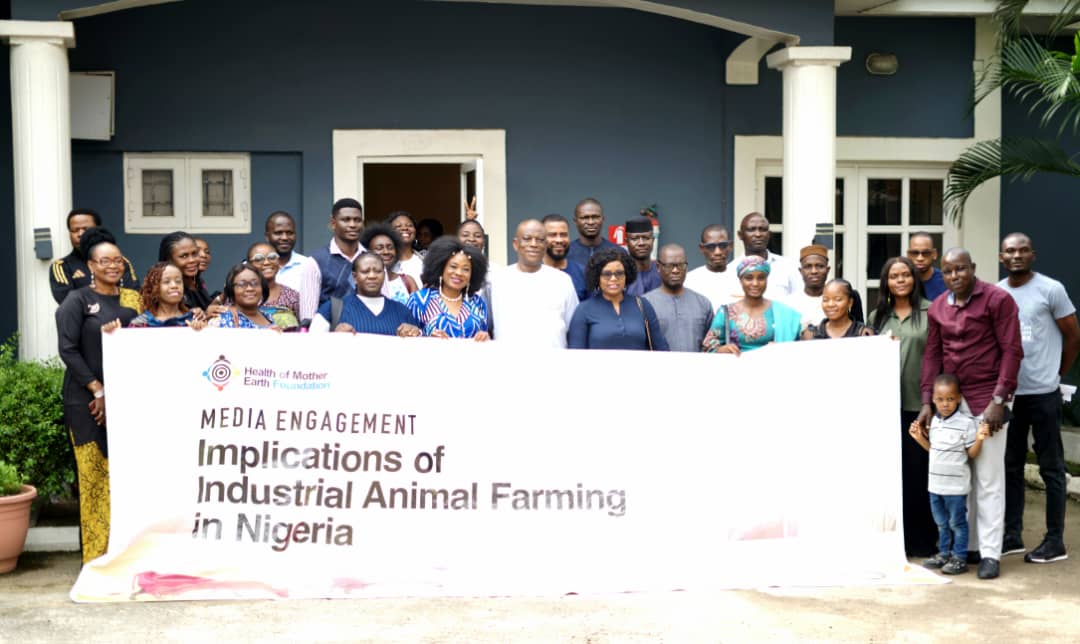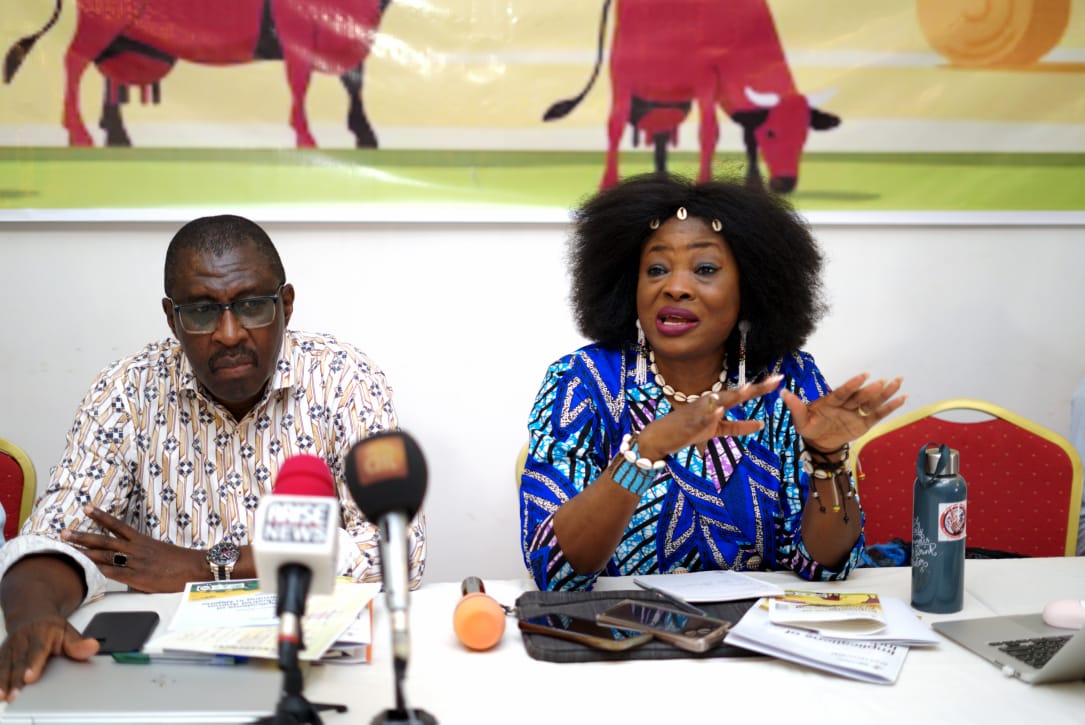Listeners:
Top listeners:
-
play_arrow
104.9FM Best rock music demo
-
play_arrow
Demo Radio Nr.1 For New Music And All The Hits!
-
play_arrow
Demo Radio Techno Top Music Radio
-
 play_arrow
play_arrow
Police Commissioner Launches Weapon and Riot Control Training for FCT Officers Democracy Radio

By Oluwakemi Kindness

Environmental and food sovereignty experts have raised strong objections to Nigeria’s planned $2.5 billion industrial animal farming partnership with foreign investors, warning it could unleash far-reaching environmental, health, and socio-economic consequences.
At a media engagement in Abuja on Thursday, convened by the Health of Mother Earth Foundation (HOMEF), civil society groups cautioned that the large-scale livestock project threatens local farmers, public health, and the environment if pursued without transparency and safeguards.
Mariann Bassey-Olsson, Deputy Executive Director of Environmental Rights Action/Friends of the Earth Nigeria (ERA/FoEN) and Coordinator of the Food Sovereignty Program, said the project lacked public consultation and accountability.
“These are not anti-investment questions; they are pro-accountability demands,” she said. “The government must explain where the land will come from, what environmental studies have been done, and how local farmers will be protected.”

She warned that intensive animal farming often involves high-density confinement, excessive antibiotic use, and mechanized processing — factors linked to antibiotic resistance, zoonotic diseases, deforestation, water pollution, and rising greenhouse gas emissions.
For the Africa Director at World Animal Protection, Tennyson Williams, he described industrial livestock operations as “a major climate culprit” that undermines food sovereignty.
“Factory farming displaces small farmers and hands control of food systems to foreign corporations,” he said. “Animals convert only about 30 percent of feed into meat. Why not grow food directly for people instead?”


Stakeholders from HEDA Resource Centre, Youth in Agroecology, and allied groups called on the Federal Government to stop the project until independent environmental and social impact assessments are conducted.
They also demanded transparency in land acquisition, stronger food safety regulations, and greater support for smallholder farmers.
They warned that without urgent safeguards, Nigeria risks long-term environmental degradation, increased public health threats, and the erosion of community-driven food systems.
The concerns follow the signing of a memorandum of understanding (MoU) between the Federal Government and JBS, which has committed $2.5 billion to the establishment of six modern meat-processing facilities in Nigeria, marking one of the largest foreign direct investments in the country’s livestock sector.
Written by: Democracy Radio
#DemocracyRadio #HEDA Resource centre #HOMEF #World Animal Protection #Youth Agoreology
Similar posts
Copyright Democracy Radio -2024


